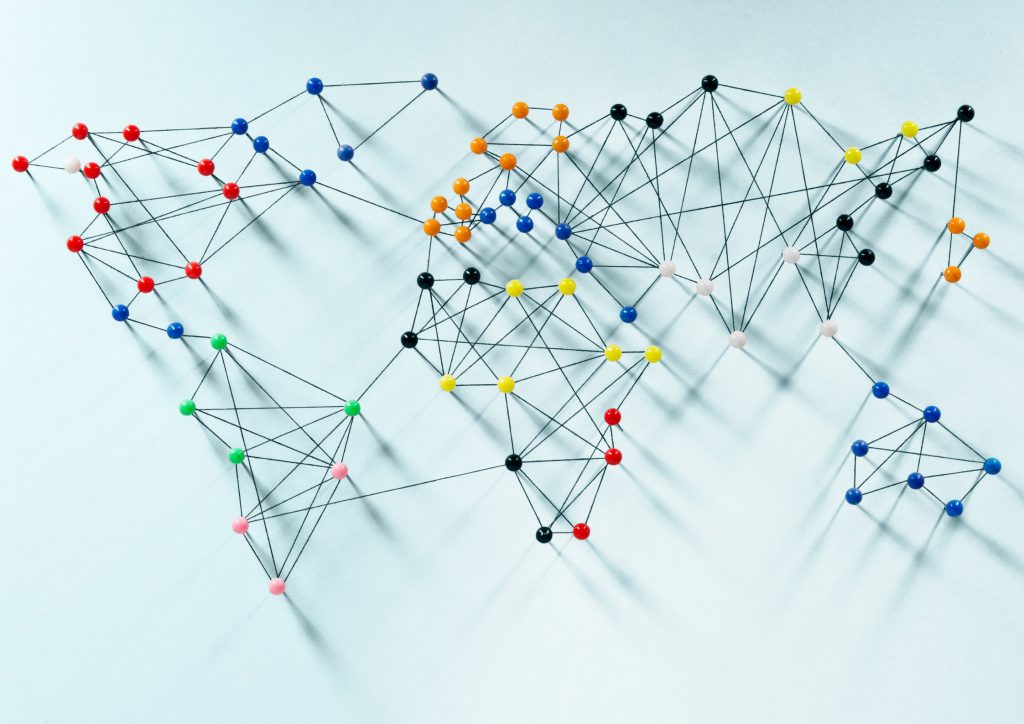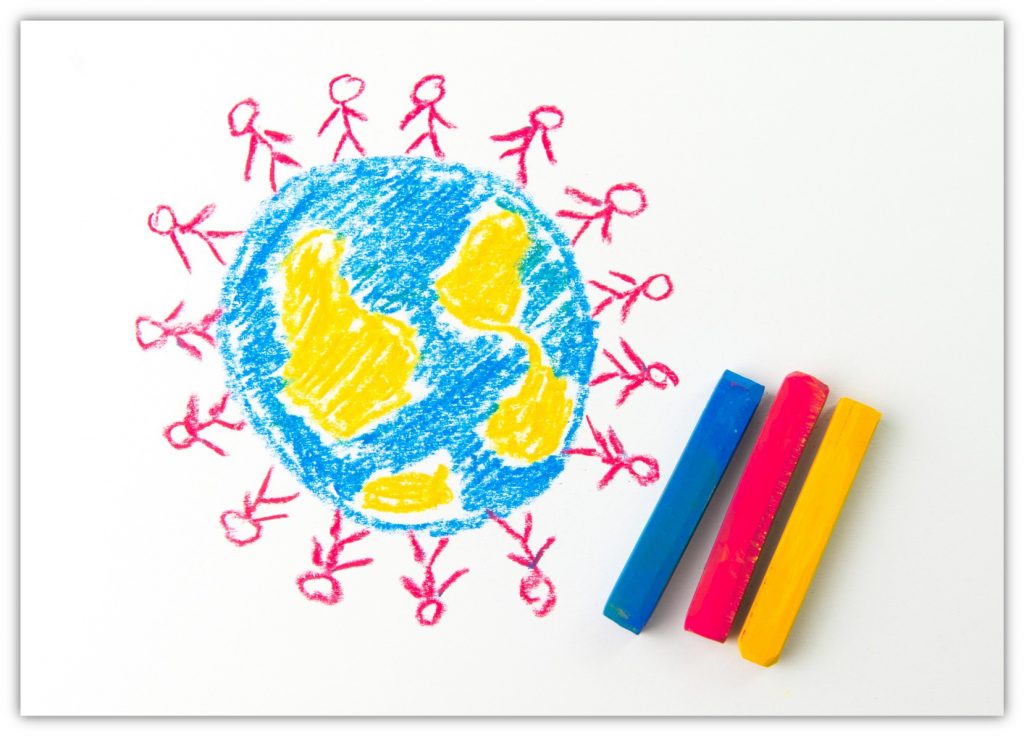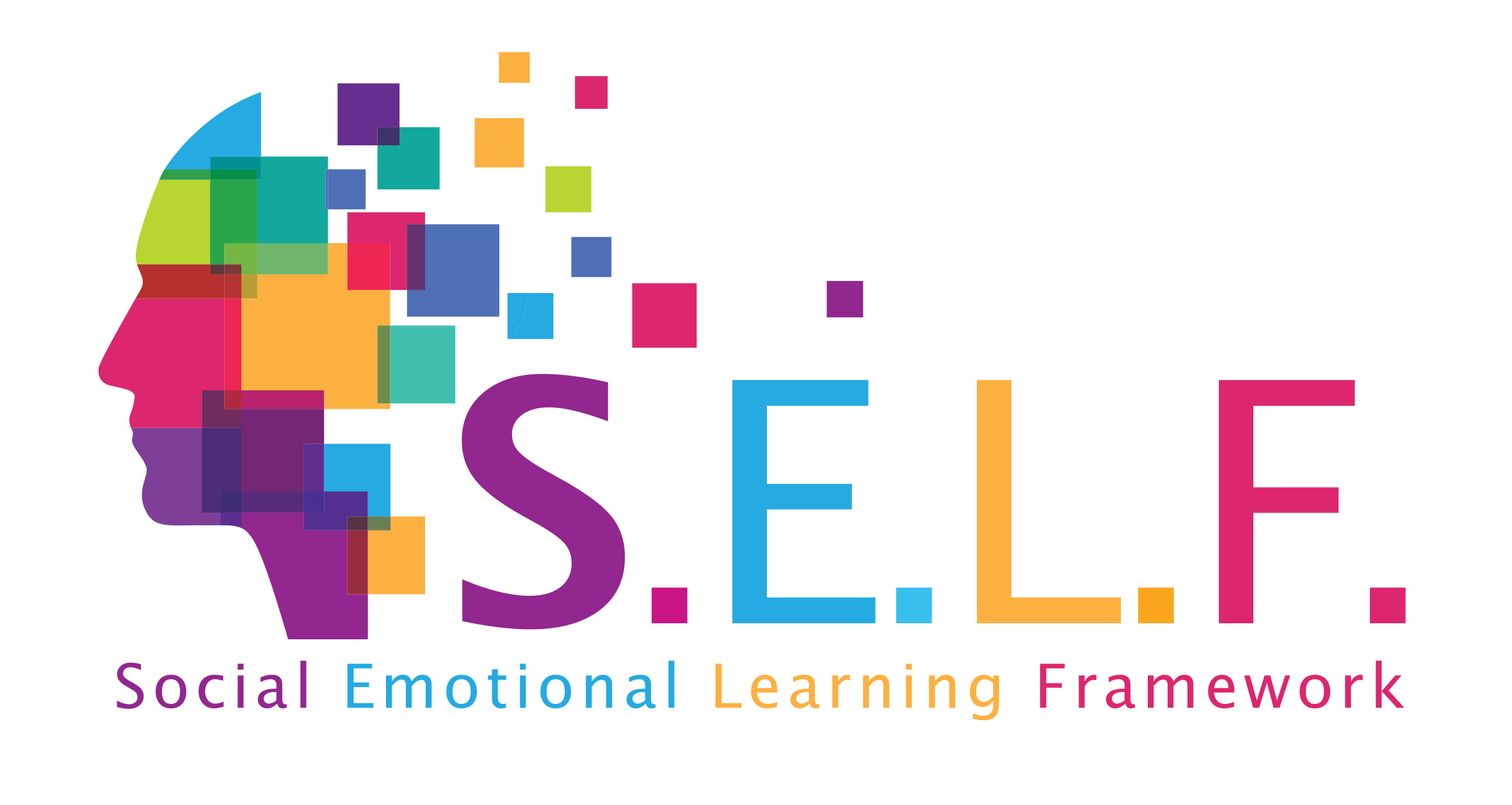GLOBAL CITIZENSHIP
What Is Global Citizenship?
Why Is It Important?
Best Practices
What Is Global Citizenship?

Robertson (1992) defines globalization as follows: “the compression of the world and the intensification of the consciousness of the world as a whole”. Global citizenship describes the citizens who are sensitive towards universal issues, open to connections with the world, attentive and adopt universal values. Global citizenship can be explained as individual’s attempt to open to the world and eliminating indifference to the events in the world in order to ensure the continuity of national identity, driven by the idea of being and living as a human.
According to the famous Swedish anthropologist Ulf Hannerz, global citizenship is “a personal ability to make one’s way into other cultures and combining the differences, through listening, looking, intuiting and reflecting”.(1)
Global citizenship is a term used worldwide for the social, political, environmental, and financial actions of individuals and communities. This term entails leading a life through a multi-faceted perspective and taking responsibility as individuals, rather than as single players within an isolated society.
As a result of globalization, the borders between the countries got blurred also with the advancements in IT and transportation. Therefore, societies can now connect with a completely different region or can be easily affected by an incident that takes place in a distant corner of the world. Driven by this change, the concept of conventional citizenship underwent a transformation. A global citizen does not hold a legal global identity, yet it means an individual who has knowledge, skills, and the resources on a global scale as a lifestyle. (2)
 A global citizen is an individual that can see and understand the world. Global citizens cooperate with others so as to make the world a more equal, fairer, and more sustainable place by taking on active role in their societies to solve problems.
A global citizen is an individual that can see and understand the world. Global citizens cooperate with others so as to make the world a more equal, fairer, and more sustainable place by taking on active role in their societies to solve problems.
Educational programs should aim to encourage the individuals to leverage their social responsibilities not only for their own society, but also for the wider societies and learning outcomes must be designed to focus on global issues.
The concept of global citizenship includes three key dimensions that match with each other. Morais and Ogden (2011) identify them as follows:
- Social Responsibility -Global Justice and Disparities -Altruism and Empathy -Global Interconnectedness and Personal responsibility
- Global Competence -Self Awareness -Intercultural Communication -Global Knowledge
- Global Civic Engagement -Involvement in Civic Organizations -Political Voice -Global Civic Activism
A global citizen is someone who feels a duty to respect and protect the Earth, the global community of fellow human beings and all other living creatures as a member of global community. In addition, global citizens are individuals who have developed an understanding of the interconnected world and who deeply appreciate and value ecological sustainability and social justice. (3).
1. (Hür, 2010)
2. (Kan, 2009)
3. (Burman and others, 2013)
Why Is It Important?

In our era characterized by rapid changes and advancements in the world, global citizenship is crucial for achieving the desired targets in education. Accordingly, education and learning goals should entail raising individuals who are capable of being sensitive, taking responsibility, understanding the universe they live in, communication, respecting differences, embracing humanitarianism and empathy.
Global citizenship is foregrounded as a key topic in our era in terms of its environmental dimension. Environmental issues such as global warming, air pollution, nuclear and chemical wastes, drought, flood disasters, acid rains, water pollution, and decline in species are important matters regarding globalization, concerning the responsibilities of global citizenship.
Moreover, it has a cultural dimension, as well. This dimension is related to the values and beliefs, tastes, interests, and lifestyles of the society. The results of globalization on culture include dissemination of democratic values, building collective conscience in seeking justice, facilitating cultural transmission, and perceiving different cultures and communities more clearly.
Educational programs are increasingly required to prepare individuals for social roles on a national and universal level, such as social adaptation and cooperation; eliminate any discrimination and conflicts among individuals; establish social integration and equality; facilitate social mobility; ensure social change and development; create a sense of unity and power. (4)
It is crucial for students to know and embrace the values of the world and the society they are part of. Therefore, starting from primary education, they should be taught about values, citizenship, and raising awareness of the planet we live in.
